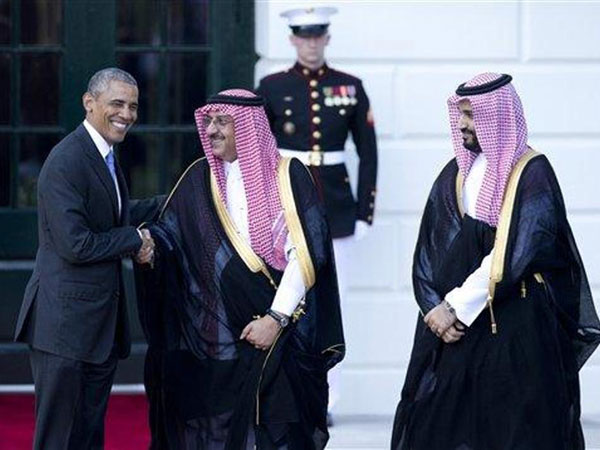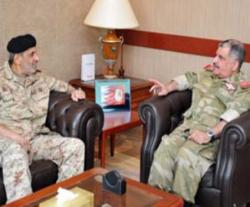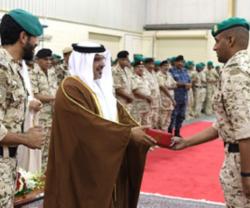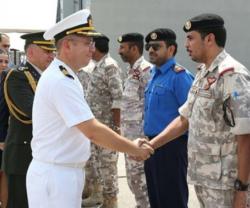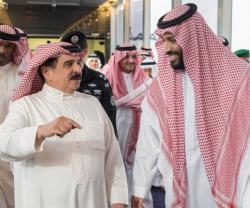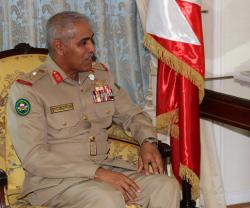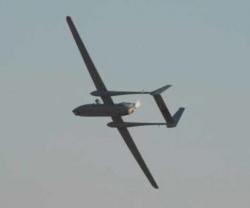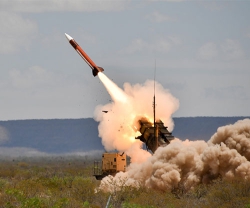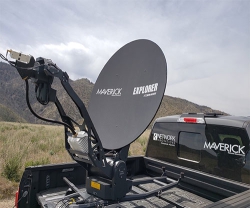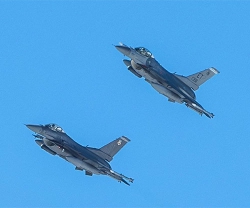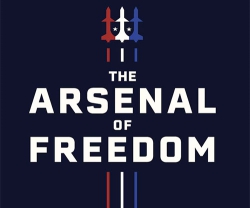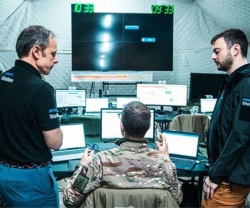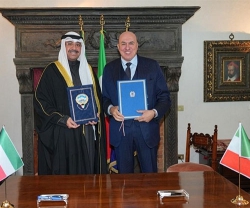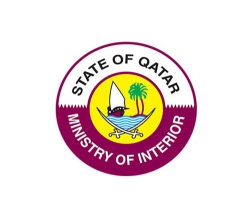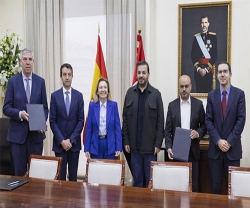Hosting the six-nation Gulf Cooperation Council (GCC) for a rare summit at Camp David, Obama pledged that the United States would consider using military force to defend them and would also help counter Iran’s “destabilizing activities in the region.”
The GCC consists of Saudi Arabia, Kuwait, Qatar, Bahrain, the United Arab Emirates (UAE) and Oman.
“I am reaffirming our iron-clad commitment to the security of our Gulf partners,” Obama said but stopped short of offering a formal defense treaty that some Gulf countries had sought. Instead he announced more modest measures, including integrating ballistic missile defense systems, beefing up cyber and maritime security, streamlining weapons sales and increasing joint military exercises.
The United States and five other world powers are seeking to reach a final deal with Iran on curbing its nuclear program by a June 30 deadline. The GCC agreed in a joint communiqué that a “comprehensive, verifiable” accord with Tehran would be in their security interests.
But Obama did not go as far as saying the Sunni Arab states had committed to backing the outcome of the talks with Iran, their Shi'ite arch-rival. The Saudi foreign minister made clear, in fact, that his government was withholding judgment for now.
Differences over US policy toward Tehran, Syria's civil war and the Arab Spring uprisings loomed over the meetings, which were already clouded by the absence of most of the Gulf's ruling monarchs, who instead sent lower-level officials.
Saudi King Salman pulled out, sending Crown Prince Mohammed bin Nayef and Deputy Crown Prince Mohammed bin Salman (photo) in his place in a move widely interpreted as a snub that reflected Gulf frustration with the Obama administration. The White House insisted that such decisions were not intended as slights.
“The United States will stand by our GCC partners against external attack,” Obama said. But later he told a news conference it was a “two-way street” and Gulf countries, which have differences among themselves, must also cooperate better.
Israel, widely believed to be the Middle East's only nuclear-armed state, has so far offered no overt criticism of the proposed strengthening of Gulf Arab defenses, suggesting that it is open to anything that challenges Iran's power in the region.
Source: Reuters

